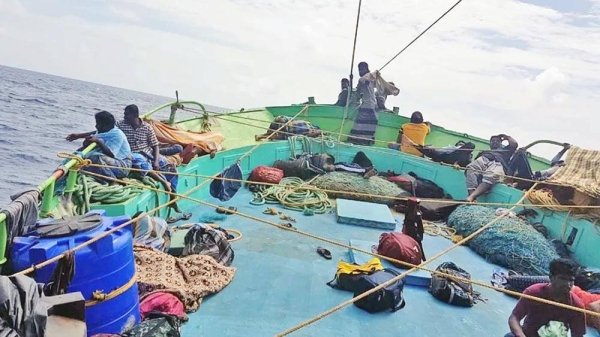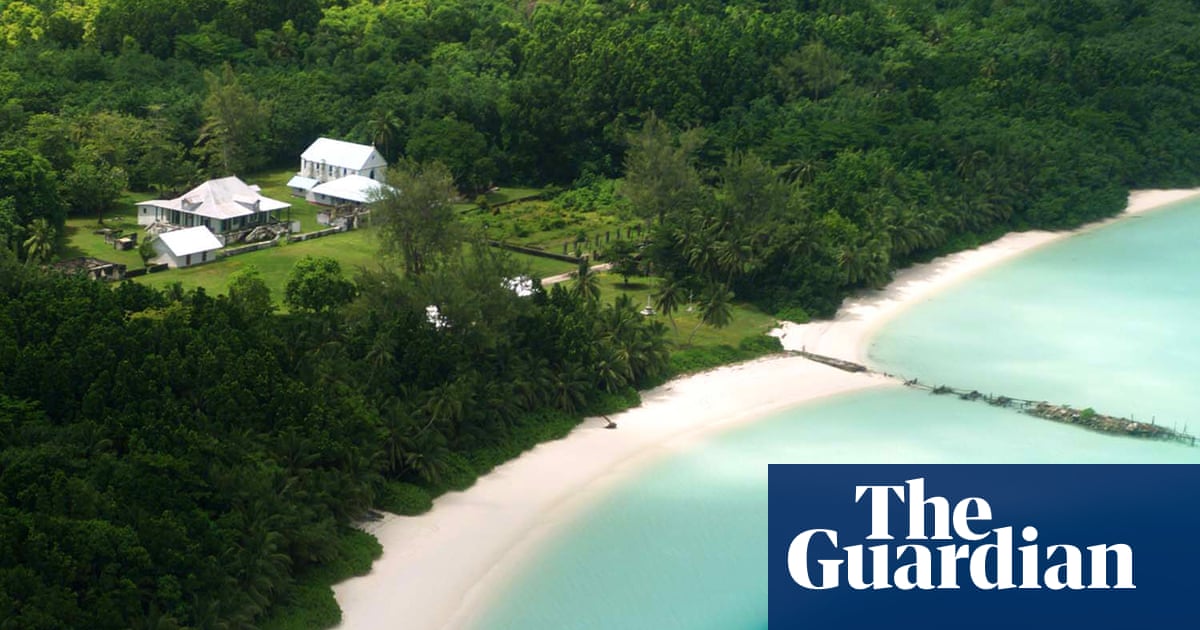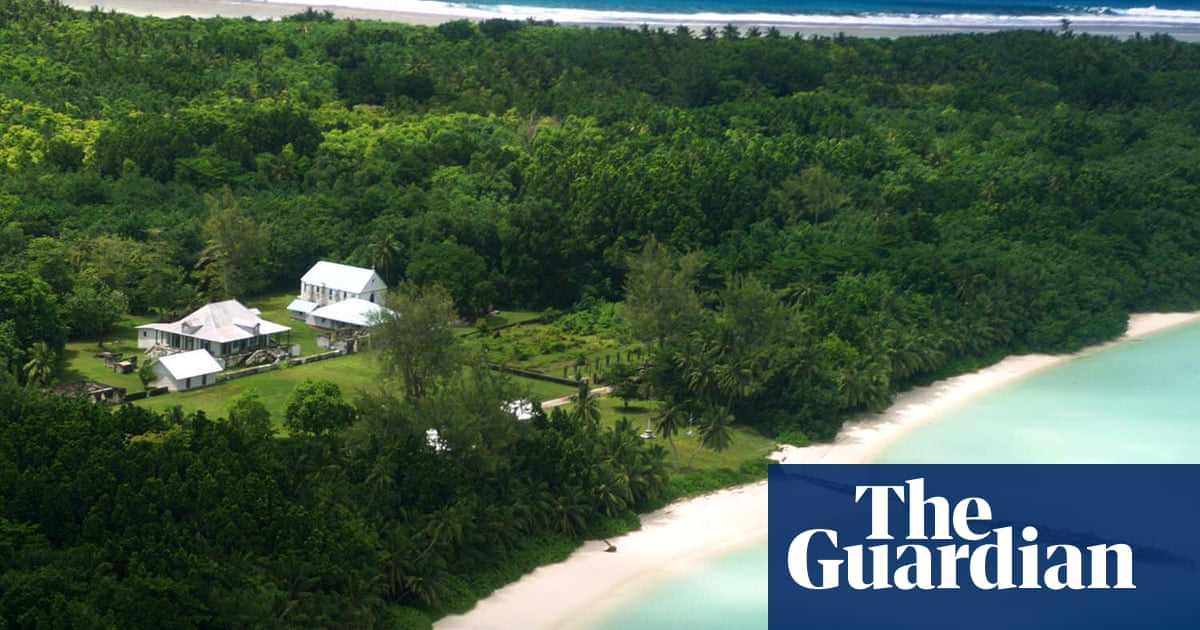
The United Nations refugee agency has said a remote British territory in the Indian Ocean, which hosts a secretive UK-US military base, is "not a suitable location" for migrants to be held long-term, after being granted rare access.
Dozens of Sri Lankan Tamils have been stranded for more than two years in a makeshift camp on Diego Garcia.
It is the first time asylum claims have been filed in the territory.
The UK government said it was looking for a "long-term solution".
"The wellbeing and safety of migrants is the... top priority" of the British Indian Ocean Territory administration, a spokesperson added. British Indian Ocean Territory (Biot) is the islands" official name.
UNHCR representatives visited Diego Garcia towards the end of 2023 in a trip facilitated by UK authorities. It was the first time they had been given access to the island since the migrants" arrival more than two years ago.
The UN agency said it was "following up" with officials about what it had found.
"Diego Garcia is an island hosting a military base with virtually no civilian population, and is not a suitable location for long-term residence for this group," a spokesperson said in a brief statement to the BBC.
"We continue to call on the UK to ensure fair and efficient determination of the pending claims, and to secure solutions for those found to be in need of international protection, in line with international law."
The first group of Tamils landed on Diego Garcia in October 2021 after their boat ran into trouble while trying to sail to Canada, according to migrants and officials.
The island is located hundreds of miles from any other population, and unauthorized visitors are forbidden.
The group"s subsequent asylum claims were the first ever to be launched on Biot — an area described as being "constitutionally distinct and separate from the UK", and where court papers say the Refugee Convention does not apply.
Many of the group claim to have links with the former Tamil Tiger rebels in Sri Lanka, who were defeated in the civil war that ended in 2009, and say they have faced persecution as a result.
Asylum seekers have described conditions on the island as hellish, but the territory"s unusual legal status has left them in limbo.
There have been multiple suicide attempts and instances of self-harm. There have also been hunger strikes, which lawyers say have involved children.
"We are living a lifeless life. I feel like I am living like a dead man," one man told the BBC last year.
Lawyers representing asylum seekers on Diego Garcia say about 60 people remain on the island. Several people have been relocated to Rwanda for treatment following suicide attempts.
The BBC understands this arrangement is separate to the government"s plan to send some asylum seekers to the east African country, which passed a significant milestone in Parliament this week..
"Our clients have been in limbo on Diego Garcia for over two years and have still not had their claims for international protection lawfully determined," one of the group"s lawyers, Tessa Gregory, said.
"The conditions they are having to endure... are dire and entirely unsuitable for a group which includes children and survivors of torture and sexual violence."
Ms Gregory added that UK lawyers representing the migrants were seeking access to the island.
So far, five people have had their claims for international protection approved, but no country has yet been identified to relocate them to.
The spokesperson said the government was "working with third countries to accept any who cannot be safely returned to their country of origin".
The government has previously told the BBC that "all allegations of mistreatment are taken seriously and fully investigated". — BBC












